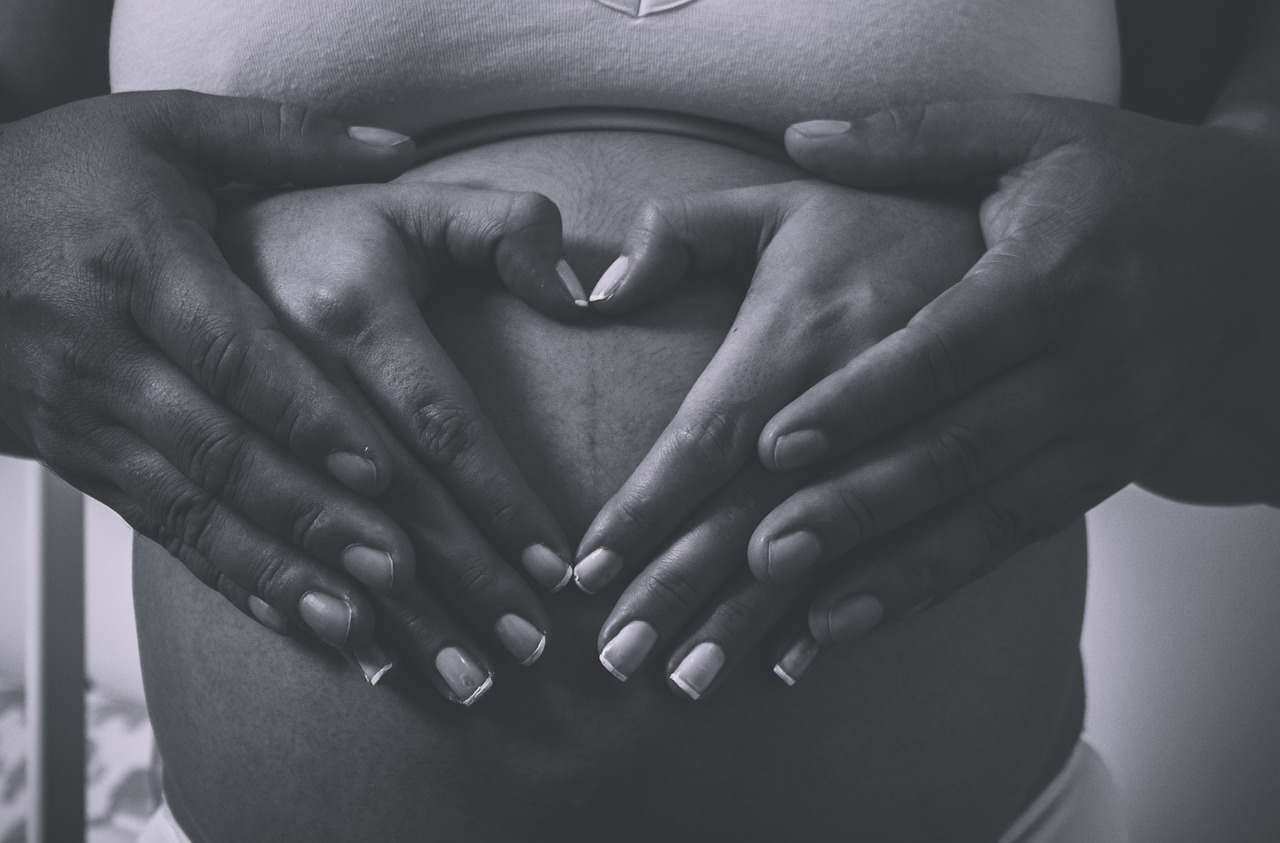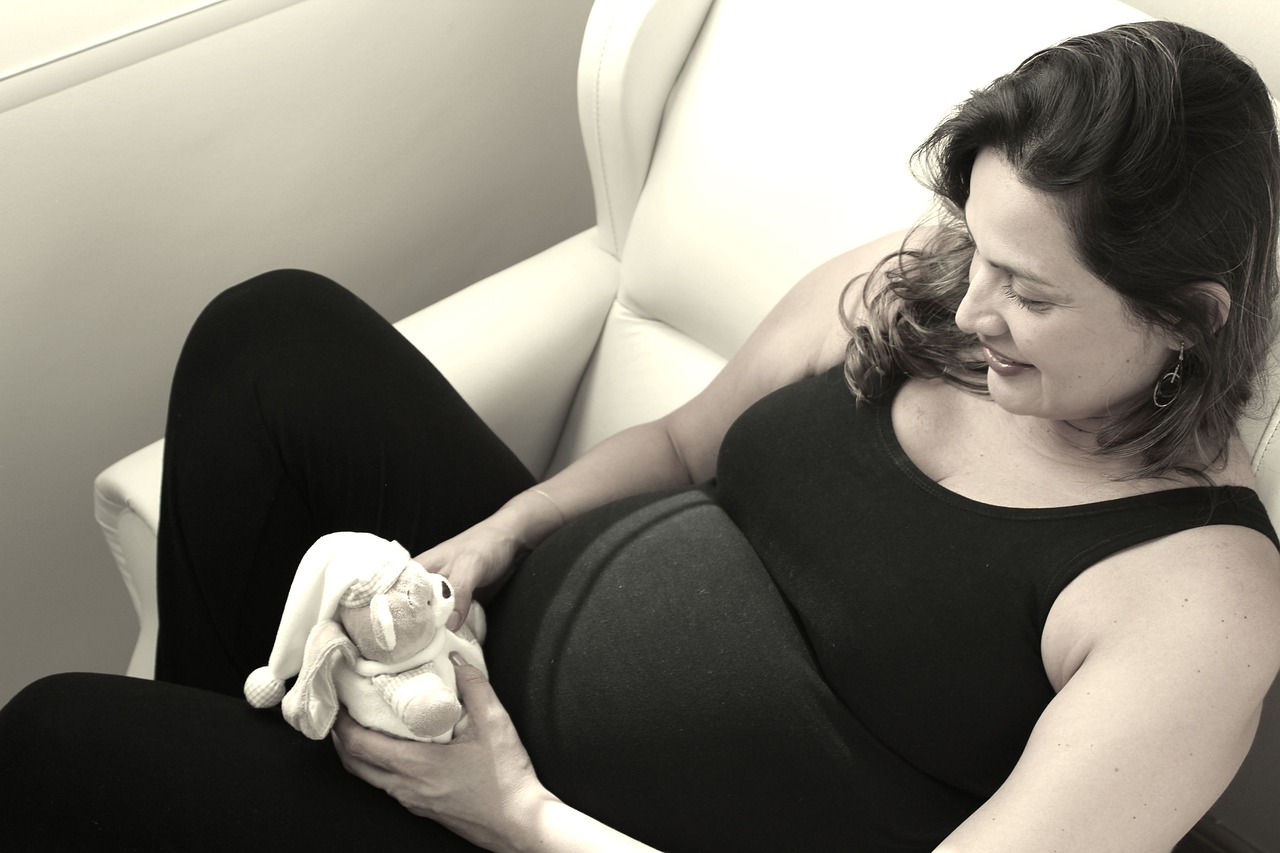The timing of taking a pregnancy test can greatly impact its accuracy. When it comes to determining how soon after sex you should take a pregnancy test, there are several factors to consider to ensure reliable results and peace of mind.
Understanding Pregnancy Test Timing is crucial to obtaining accurate results. Different types of pregnancy tests are available, each with its own ideal time frame for taking them after unprotected intercourse. By knowing when to take a pregnancy test, you can increase the likelihood of obtaining reliable results.
Several Factors Influencing Test Accuracy include the type of test used, the timing of the test, and individual hormone levels. These factors can significantly impact the reliability of your test results. It’s essential to understand how these variables can influence the accuracy of the test.
When it comes to Early Pregnancy Testing, it’s important to explore your options and understand when you can start testing for pregnancy after unprotected sex. Different tests have varying levels of sensitivity and can detect pregnancy hormones at different times. Knowing this information can help you choose the most appropriate test for your situation.
Patience is key when it comes to the Importance of Waiting for Accurate Results. Waiting for the recommended time frame before taking a pregnancy test is crucial to avoid false negatives and ensure accurate results. Rushing the testing process can lead to unreliable outcomes.
If you have concerns about pregnancy or fertility, Seeking Professional Advice is essential. Consulting a healthcare provider can provide valuable insights into pregnancy testing, fertility issues, and other related concerns. Knowing when to seek medical advice is important for your overall reproductive health.

Understanding Pregnancy Test Timing
When it comes to understanding pregnancy test timing, it’s essential to grasp the intricacies of when and how to take a test for accurate results. Different types of pregnancy tests are available, each with its own ideal time frame for testing after unprotected intercourse. By knowing these details, you can ensure that you are taking the test at the most opportune moment to detect a potential pregnancy.
Factors influencing test accuracy play a significant role in determining the reliability of your results. The type of test you choose, the timing of the test after intercourse, and individual hormone levels can all impact the outcome. By being aware of these factors, you can make informed decisions about when to take a pregnancy test and increase the chances of obtaining precise results.
One option for early pregnancy testing is to use tests that are designed to detect pregnancy hormones soon after conception. These tests are known for their sensitivity and can provide results in the early stages of pregnancy. Understanding the capabilities of different tests and when they can accurately detect pregnancy hormones can help you decide when to take a test for the best possible outcome.
It’s crucial to emphasize the importance of waiting for the recommended time frame before taking a pregnancy test. Patience is key in ensuring that the results are accurate and reliable. Rushing into testing too soon can lead to false negatives, causing unnecessary stress and confusion. By waiting for the appropriate time, you can trust the results and make informed decisions based on them.
Seeking professional advice is always advisable when it comes to pregnancy testing and fertility concerns. If you have any doubts or questions about the results of a pregnancy test, consulting a healthcare provider is the best course of action. They can provide guidance on when to seek medical advice regarding pregnancy testing, fertility issues, or any other related concerns, ensuring that you receive the necessary support and information.

Factors Influencing Test Accuracy
When it comes to the accuracy of pregnancy tests, several factors play a crucial role in determining the reliability of the results. Understanding these factors can help individuals make informed decisions about when and how to take a pregnancy test. Here are some key factors that can influence the accuracy of a pregnancy test:
- Type of Test: Different types of pregnancy tests have varying levels of sensitivity and specificity. Some tests are designed to detect lower levels of pregnancy hormones earlier than others, which can affect the accuracy of the results.
- Timing: The timing of taking a pregnancy test is essential. Testing too early or too late after unprotected intercourse can impact the accuracy of the results. It is recommended to wait until the appropriate time frame to ensure reliable results.
- Individual Hormone Levels: Hormone levels vary from person to person and can fluctuate throughout the menstrual cycle. These variations can affect the sensitivity of the pregnancy test and its ability to detect pregnancy hormones accurately.
Considering these factors before taking a pregnancy test can help individuals avoid potential inaccuracies and false results. It is important to follow the instructions provided with the test kit and consult healthcare professionals if there are any doubts or concerns about the results. By being aware of the factors that influence test accuracy, individuals can make informed decisions regarding pregnancy testing and take the necessary steps for their well-being.

Early Pregnancy Testing
When it comes to early pregnancy testing, timing is crucial for accurate results and peace of mind. There are various options available for early detection of pregnancy after unprotected intercourse. Understanding the sensitivity of different tests and how soon they can detect pregnancy hormones is essential for making informed decisions.
One option for early pregnancy testing is using a home pregnancy test kit. These kits are readily available at pharmacies and can be used in the comfort of your own home. They work by detecting the presence of human chorionic gonadotropin (hCG) hormone in your urine, which is produced during pregnancy.
Another early testing option is a blood test, which can detect pregnancy hormones even earlier than a urine test. Blood tests are usually conducted at a healthcare provider’s office and can provide accurate results within a few days after conception.
It’s important to note that the timing of early pregnancy testing can vary depending on the sensitivity of the test. Some tests can detect hCG levels as early as a few days before your missed period, while others may require you to wait until after your missed period for accurate results.
While early pregnancy testing can provide quick answers, it’s essential to follow the instructions carefully and consider the possibility of false negatives due to testing too early. Waiting for the recommended time frame before testing can help ensure more reliable results and reduce the risk of misinterpretation.

Importance of Waiting for Accurate Results
When it comes to taking a pregnancy test, patience is truly a virtue. The importance of waiting for accurate results cannot be emphasized enough. Rushing into taking a test too soon can lead to false negatives, causing unnecessary worry and confusion. It’s crucial to follow the recommended time frame before testing to ensure reliable results and avoid any potential misinterpretations.
One key reason for waiting is to allow enough time for the pregnancy hormone, hCG, to build up in your body to detectable levels. Testing too early may result in a negative result even if you are pregnant, simply because the hormone levels are not yet high enough to be picked up by the test. Waiting for the right time to test increases the likelihood of obtaining an accurate result, providing you with the peace of mind you need.
Moreover, waiting for the suggested period before taking a pregnancy test helps in avoiding false alarms and unnecessary stress. It allows your body to naturally progress in case of a pregnancy, ensuring that the results obtained are as accurate as possible. Remember, patience is key in this process, and rushing into testing can lead to unreliable outcomes.
To further illustrate the importance of waiting for accurate results, let’s delve into some key points:
- Waiting reduces the risk of false negatives, providing a clearer picture of your pregnancy status.
- Following the recommended timeframe increases the reliability of the test results, giving you confidence in the outcome.
- Patience allows your body to prepare adequately for testing, increasing the chances of detecting a pregnancy accurately.

Seeking Professional Advice
When it comes to seeking professional advice regarding pregnancy testing or fertility concerns, it’s crucial to know when to reach out to a healthcare provider. If you are experiencing uncertainty or have questions about your reproductive health, consulting a medical professional can provide clarity and guidance. Here are some key points to consider:
- Timing: It’s important to seek professional advice if you have been trying to conceive without success for an extended period.
- Specialized Care: Fertility specialists can offer tailored solutions and treatments for individuals facing challenges with conception.
- Medical Evaluation: A healthcare provider can conduct tests to assess your reproductive health and identify any underlying issues that may be affecting your ability to conceive.
- Support and Guidance: Seeking professional advice can offer emotional support and reassurance during what can be a stressful and uncertain time.
Remember, healthcare professionals are there to help you navigate the complexities of pregnancy testing, fertility concerns, and reproductive health. Don’t hesitate to reach out if you have any questions or if you feel that you may need additional support on your journey to parenthood.
Frequently Asked Questions
- When is the best time to take a pregnancy test after unprotected sex?
The ideal time to take a pregnancy test after unprotected sex is about one week after your missed period. This timing increases the accuracy of the test results and reduces the chances of a false negative.
- How do different types of pregnancy tests affect accuracy?
The accuracy of a pregnancy test can vary depending on the type of test used. While some tests are more sensitive and can detect pregnancy hormones earlier, others may require a higher level of hormones to provide a positive result. Understanding the differences can help you choose the most reliable test for your situation.
- Why is it important to wait for the recommended time frame before taking a pregnancy test?
Waiting for the recommended time frame before taking a pregnancy test is crucial to ensure accurate results. Testing too early can lead to false negatives due to low hormone levels, causing unnecessary worry and confusion. Patience is key to obtaining reliable results.
- When should I consult a healthcare provider regarding pregnancy testing?
If you have concerns about pregnancy or fertility, it is advisable to seek professional advice. Consult a healthcare provider if you experience irregular periods, unusual symptoms, or have been trying to conceive without success. They can offer guidance and support based on your individual circumstances.